When To Buy A Baby Monitor ?
It is recommended to buy a baby monitor before the arrival of your baby or shortly after. Baby monitors are useful for keeping an eye on your baby when they are sleeping or in another room. They provide peace of mind and allow you to monitor your baby's safety and well-being.
1、 Types of baby monitors available in the market
Types of baby monitors available in the market:
Baby monitors have become an essential tool for parents to ensure the safety and well-being of their little ones. With advancements in technology, there are various types of baby monitors available in the market to suit different needs and preferences. Here are some of the most common types:
1. Audio baby monitors: These monitors allow parents to listen to their baby's sounds and movements. They typically consist of a transmitter placed near the baby and a receiver that the parent carries with them. Audio monitors are a basic and affordable option for parents who want to keep an ear on their baby.
2. Video baby monitors: These monitors provide both audio and visual monitoring of the baby. They come with a camera that captures live video footage of the baby, which can be viewed on a handheld monitor or a smartphone. Video monitors offer a more comprehensive view of the baby's activities and are particularly useful for parents who want to keep a close eye on their little one.
3. Movement monitors: These monitors are designed to detect the baby's movements, such as breathing. They typically consist of a sensor pad that is placed under the baby's mattress. If no movement is detected for a certain period, an alarm is triggered to alert the parents. Movement monitors provide an added layer of reassurance for parents, especially those with newborns.
4. Smart baby monitors: These monitors connect to the internet and can be accessed through a smartphone or tablet. They offer features like live streaming, two-way communication, temperature monitoring, and even sleep tracking. Smart monitors provide convenience and flexibility for parents who want to stay connected to their baby at all times.
When to buy a baby monitor:
The decision to buy a baby monitor depends on various factors, including the age of the baby, the layout of the house, and the parents' personal preferences. Here are some situations when buying a baby monitor may be beneficial:
1. Newborn stage: Many parents choose to buy a baby monitor when their baby is a newborn. Newborns require constant attention, and a monitor can provide peace of mind, especially during sleep times.
2. Large or multi-level house: If you have a large house or multiple floors, a baby monitor can help you keep an eye on your baby from different areas of the house without constantly physically checking on them.
3. Working parents: For parents who work from home or have to leave their baby with a caregiver, a baby monitor can help them stay connected and monitor their baby's activities throughout the day.
4. Peace of mind: Some parents simply feel more at ease knowing they can monitor their baby's sounds, movements, or even their breathing. A baby monitor can provide that extra sense of security.
In conclusion, the market offers a wide range of baby monitors to cater to different needs and preferences. Whether you opt for an audio, video, movement, or smart monitor, the decision to buy one depends on your specific circumstances and requirements. Ultimately, a baby monitor can provide parents with peace of mind and help ensure the safety and well-being of their little ones.
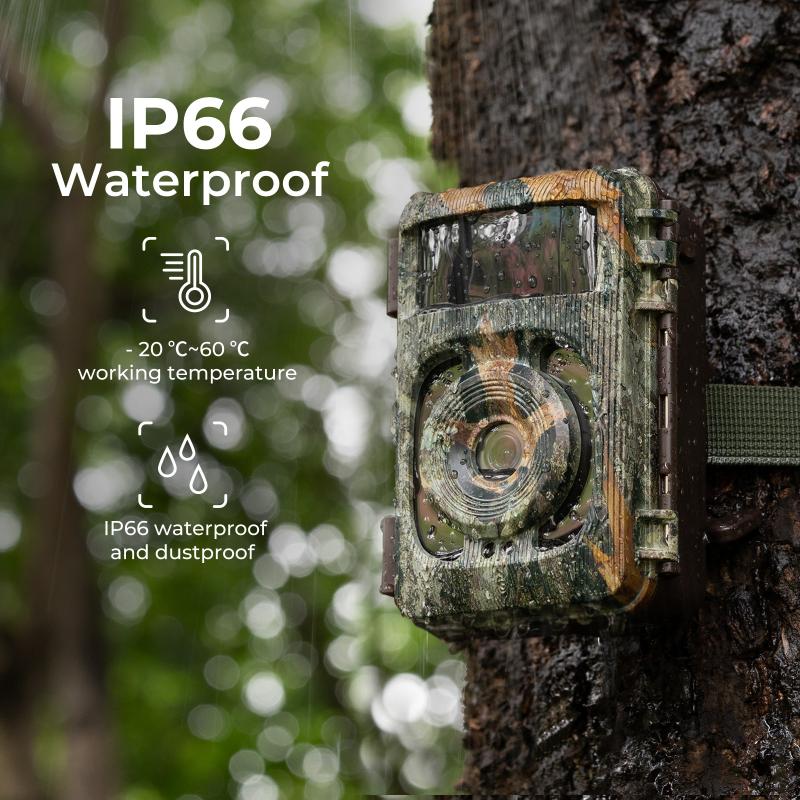
2、 Factors to consider when choosing a baby monitor
Factors to consider when choosing a baby monitor:
1. Range: Consider the range of the baby monitor, especially if you have a large house or plan to use it outdoors. Look for a monitor with a long-range capability to ensure you can monitor your baby from any part of your home.
2. Video Quality: Opt for a baby monitor with high-quality video resolution. This will allow you to see your baby clearly, even in low-light conditions. Some monitors even offer night vision, which can be particularly useful during nighttime.
3. Audio Quality: Ensure that the baby monitor has clear audio transmission. Look for features like two-way communication, which allows you to talk to your baby remotely, and sound-activated lights, which can alert you to any noise in the baby's room.
4. Battery Life: Consider the battery life of the monitor, especially if you plan to use it for extended periods or while traveling. Look for monitors with long battery life or the option to plug them in for continuous use.
5. Security: With the rise of smart baby monitors, it is crucial to prioritize security. Look for monitors with encryption and secure Wi-Fi connections to protect your baby's privacy.
6. Additional Features: Consider any additional features that may be important to you, such as temperature monitoring, lullabies, or motion sensors. These features can enhance the functionality and convenience of the baby monitor.
7. Price: Set a budget for the baby monitor and compare different options within that range. Remember that higher-priced monitors may offer more advanced features, but it is essential to find a balance between quality and affordability.
When to buy a baby monitor:
The decision to buy a baby monitor depends on individual circumstances. Many parents choose to purchase a baby monitor before their baby is born to ensure they are prepared for their arrival. However, some parents may find that they do not need a baby monitor if they live in a small space or have their baby sleep in the same room.
It is also worth considering the latest point of view, which emphasizes the importance of using baby monitors with caution. Some experts argue that excessive reliance on baby monitors can lead to unnecessary anxiety and interfere with the development of healthy sleep habits. They suggest that parents should prioritize creating a safe sleep environment and trust their instincts rather than relying solely on technology.
Ultimately, the decision to buy a baby monitor should be based on individual needs and preferences. It is essential to consider the factors mentioned above and determine what will provide the most peace of mind for you as a parent.
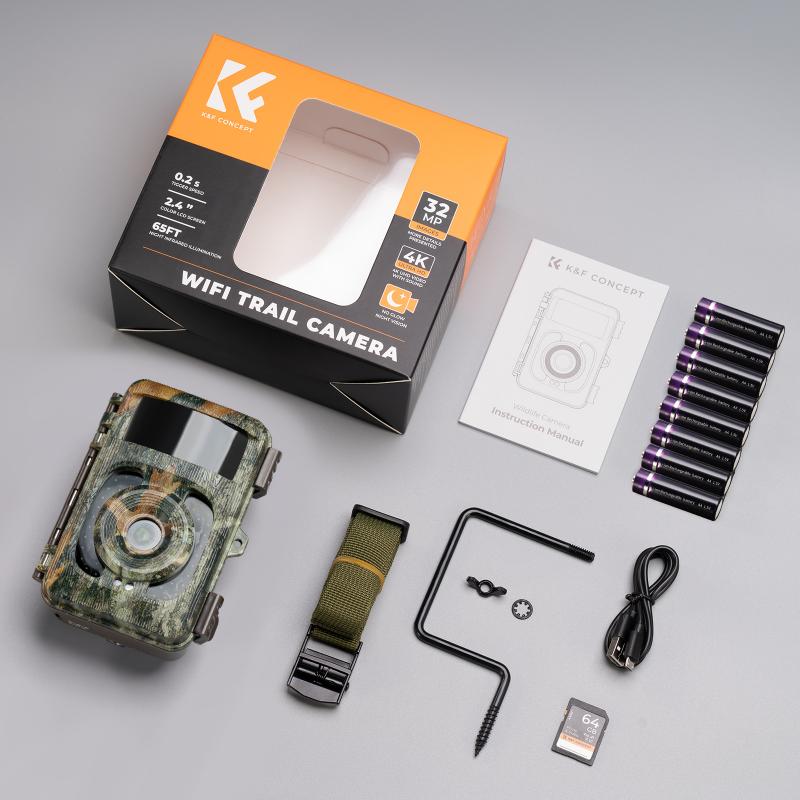
3、 Features to look for in a baby monitor
Features to look for in a baby monitor:
When it comes to choosing a baby monitor, there are several important features to consider. These features can help ensure the safety and well-being of your baby, while also providing convenience for parents. Here are some key features to look for when buying a baby monitor:
1. Video and audio capabilities: A baby monitor with both video and audio capabilities allows you to see and hear your baby in real-time. This feature provides peace of mind, as you can visually check on your baby without disturbing their sleep.
2. Night vision: Opt for a baby monitor with night vision capabilities. This feature allows you to see your baby clearly even in low-light conditions, ensuring you can monitor them throughout the night.
3. Two-way communication: Look for a baby monitor that allows for two-way communication. This feature enables you to talk to your baby remotely, soothing them with your voice if they wake up or become restless.
4. Temperature monitoring: Some baby monitors come with built-in temperature sensors, which allow you to monitor the temperature of your baby's room. This feature ensures that your baby is comfortable and safe, as overheating or extreme cold can be harmful.
5. Mobile app integration: Many modern baby monitors offer mobile app integration, allowing you to monitor your baby from your smartphone or tablet. This feature provides flexibility and convenience, as you can keep an eye on your baby even when you're not at home.
6. Secure connection: Ensure that the baby monitor you choose has a secure connection to prevent unauthorized access. Look for monitors with encryption technology to protect your privacy and keep your baby's information safe.
In conclusion, when buying a baby monitor, it is important to consider features such as video and audio capabilities, night vision, two-way communication, temperature monitoring, mobile app integration, and secure connections. These features can enhance the safety and convenience of monitoring your baby, providing peace of mind for parents.

4、 Pros and cons of audio-only baby monitors
When to buy a baby monitor depends on individual circumstances and preferences. Generally, it is recommended to purchase a baby monitor before the arrival of the baby or when the baby starts sleeping in a separate room. This ensures that parents can monitor their baby's safety and well-being even when they are not physically present in the same room.
Pros and cons of audio-only baby monitors:
Pros:
1. Cost-effective: Audio-only baby monitors are generally more affordable compared to video monitors, making them a budget-friendly option for parents.
2. Simplicity: Audio monitors are straightforward to set up and use, requiring minimal technical knowledge.
3. Reduced screen time: With audio-only monitors, parents can focus on listening to their baby's sounds rather than constantly watching a screen, which can be beneficial for reducing screen time exposure.
Cons:
1. Limited information: Audio-only monitors provide limited information as they only transmit sound. Parents may miss visual cues or movements that could be important for their baby's safety.
2. Lack of reassurance: Without a visual feed, parents may feel less reassured about their baby's well-being, especially during the night or when they are away from home.
3. Advancements in technology: With the latest advancements in technology, video monitors now offer additional features such as night vision, two-way communication, and smartphone integration, which audio-only monitors lack.
In conclusion, the decision to buy a baby monitor depends on personal preferences and needs. While audio-only monitors are cost-effective and simple to use, they may lack the comprehensive information and reassurance that video monitors provide. Considering the latest point of view, it is worth exploring the features and benefits of video monitors to make an informed decision that suits individual circumstances.
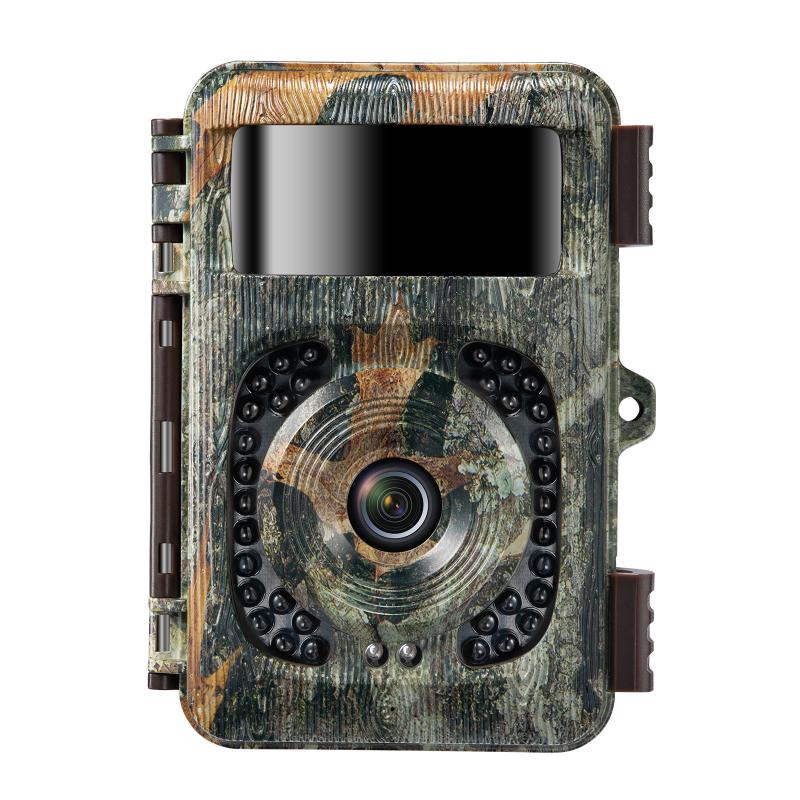



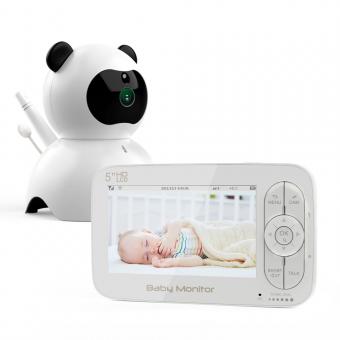



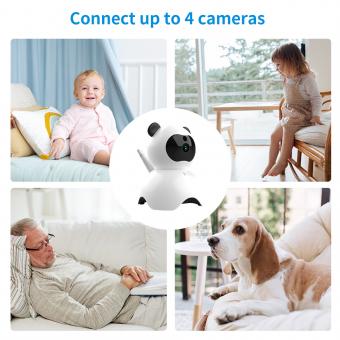
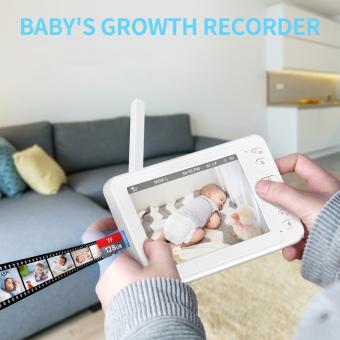

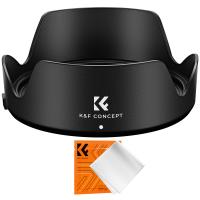

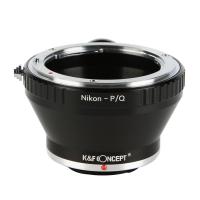
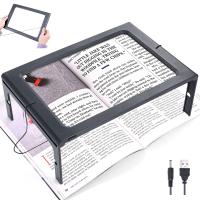
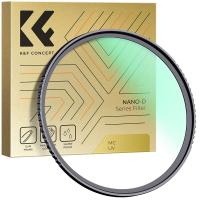

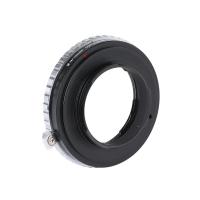
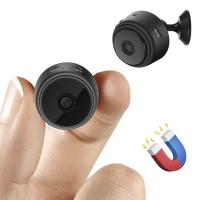







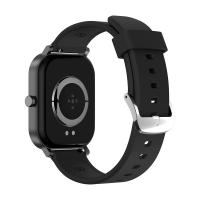
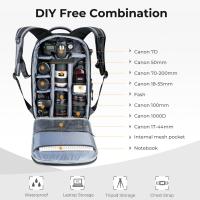


There are no comments for this blog.